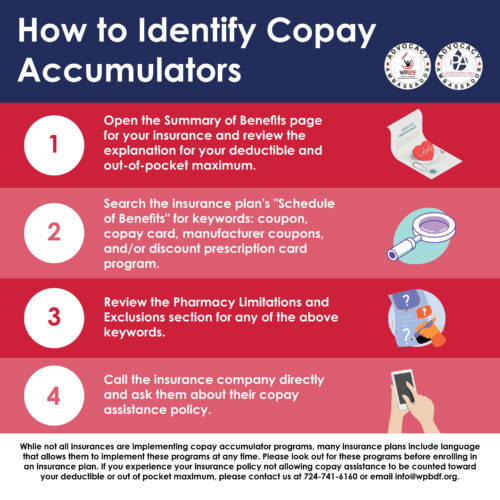

In some cases, patients are forced to abandon their medication at the pharmacy counter.Įven with momentum continuing to build in state houses, broad and consistent federal protections would be ideal. Co-pay assistance was designed to help patients pay down their annual deductible, so they are often surprised to learn they are still on the hook for the whole amount when the card’s value has been exhausted. While the insurer gets the payment via the co-pay card, the patient does not get credit toward their out-of-pocket obligations. First, they accept the co-pay card, and when that value runs out, they collect payment directly from patients. Some states’ laws ban co-pay accumulator programs outright, while others forbid their use unless the drug has a generic alternative.Ĭo-pay accumulator programs are used by insurers to collect more payments for prescription drugs. West Virginia followed with its own legislation a few days later. Virginia was the first state to pass a ban in 2019.
#States that ban copay accumulators plus#
With the addition of Maine and Washington, and if the governors of New York and Delaware sign the bills in their respective states, the total number of states with co-pay accumulator bans will be 16, plus Puerto Rico. And other states legislatures have signaled they will consider the issue in upcoming sessions. The governors of New York and Delaware have co-pay accumulator ban bills on their desks awaiting signature. So far this year, Maine and Washington state have enacted laws banning health plans from using these programs, which keep patients’ co-pay assistance from counting toward their annual deductible. The federal government hasn’t acted yet, but that’s not stopping state policymakers from stepping in to protect patients from harmful co-pay accumulator programs.


 0 kommentar(er)
0 kommentar(er)
